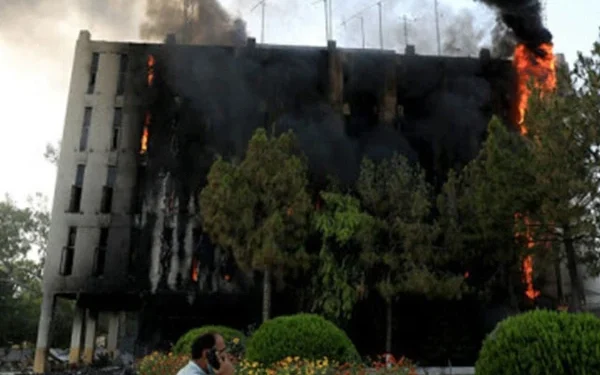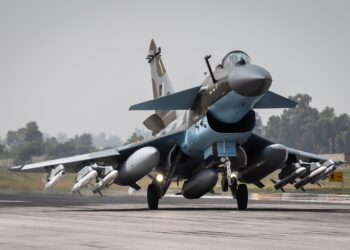Peshawar Court Issues Warrant in High-Profile Case
In a significant development, a special anti-terrorism court (ATC) in Peshawar issued a non-bailable arrest warrant for PTI Member of Provincial Assembly (MPA) Arbab Waseem in connection with the May 9 attack on the Radio Pakistan building. The case, which stems from violent protests following the arrest of PTI leader Imran Khan, continues to unfold with legal proceedings targeting those accused of orchestrating the unrest.
Details of the Court Hearing
On May 9, ATC Judge Wali Muhammad presided over the case, issuing non-bailable arrest warrants against nine accused individuals, including Arbab Waseem and former MPA Malik Wajid. The court ordered the immediate arrest of the accused and directed that they be produced before the court in the next hearing scheduled for March 25.
Prosecution’s Argument and Charges Against the Accused
According to the prosecution, the nine accused individuals failed to appear before the court despite repeated summons. The prosecution stated that the accused, along with other associates, were directly involved in setting fire to the Radio Pakistan building during the protests.
A case against the accused was registered at the East Police Station, and subsequent investigations led to the identification of those responsible for the attack. The prosecution maintained that the trial commenced after a thorough inquiry into the incident, but the nine defendants failed to present themselves before the court, prompting the issuance of non-bailable arrest warrants.
Background: The May 9 Unrest and Attack on Radio Pakistan
The attack on Radio Pakistan in Peshawar occurred amidst nationwide protests triggered by the arrest of former Prime Minister Imran Khan. Demonstrators took to the streets in several cities, leading to widespread violence, vandalism, and attacks on public properties. In Peshawar, the historic Radio Pakistan building was set ablaze, causing significant damage to the premises and disrupting broadcasting operations.
Authorities swiftly responded by filing cases against those allegedly involved in the riots, with law enforcement agencies conducting investigations to apprehend suspects. The case has since remained a focal point in legal proceedings targeting individuals accused of inciting violence.
Legal Implications and Political Fallout
The issuance of non-bailable arrest warrants for a sitting PTI MPA underscores the legal challenges facing party leaders and members in the aftermath of the May 9 riots. Political analysts view these developments as part of the broader legal crackdown on PTI activists and lawmakers accused of instigating violence.
For PTI, the ongoing legal battles have further complicated the party’s political standing, particularly in Khyber Pakhtunkhwa, where it has traditionally enjoyed strong support. The arrest warrant for Arbab Waseem and others is expected to heighten tensions between the PTI leadership and the ruling coalition, with party supporters decrying what they perceive as politically motivated actions against their representatives.
Next Steps in the Case
With the court setting March 25 as the next hearing date, law enforcement agencies are expected to act swiftly to apprehend the accused individuals. The legal proceedings will likely determine the fate of the accused, with the possibility of further legal action depending on their defense in court.
The case also raises questions about the broader implications for those charged under anti-terrorism laws in relation to political protests. The government has maintained that strict legal measures are necessary to prevent future acts of violence, while PTI leaders argue that their party members are being unfairly targeted.
Conclusion: A Case with Far-Reaching Consequences
The May 9 Radio Pakistan attack case remains one of the most high-profile legal proceedings stemming from the political unrest in Pakistan. With the court taking a firm stance against absentee defendants, the upcoming hearings will be crucial in determining the legal consequences for those accused.
As the political landscape in Pakistan continues to evolve, the handling of such cases will likely influence public perception and political dynamics in the country. The coming weeks will be critical in shaping the course of this case and its impact on PTI’s political future.

























